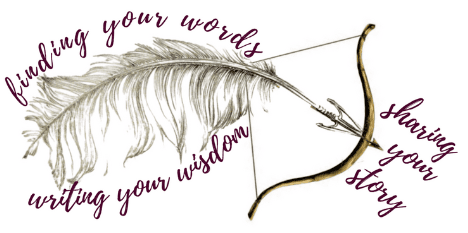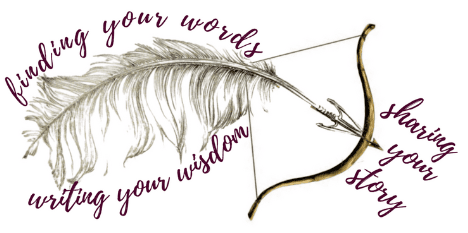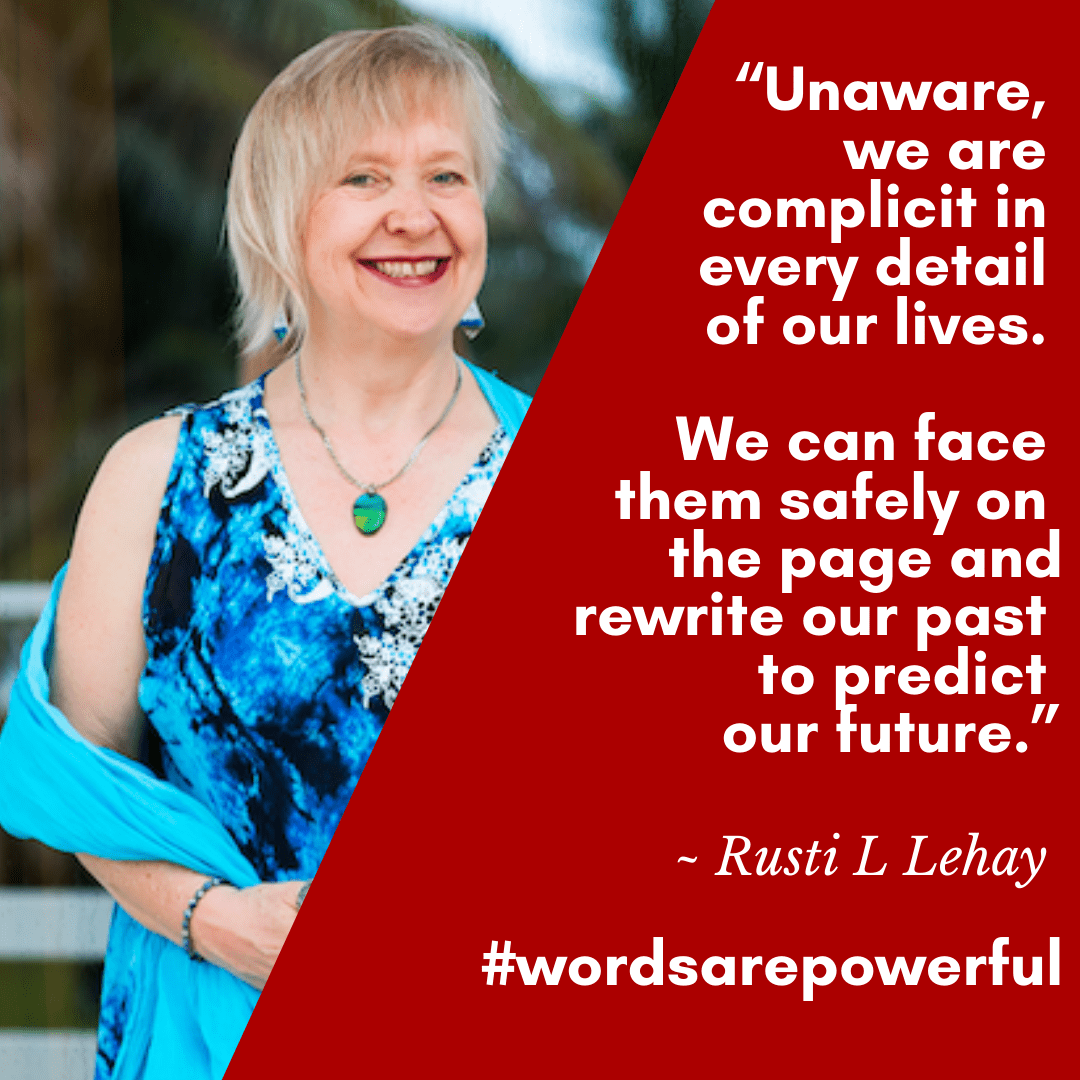
Radiant Rewriters (RR)
(Casual Radiant Rewriters will benefit from the breakout rooms and the revision sessions. Everyone benefits from seeing full membership writers in the spotlight using the editing tool of their choice.)
9 sessions throughout Jan-June and Sept-Dec:
The Radiant Rewriters will dig deep into structural and developmental editing. Learning from some of the greats like Sol Stein, Matthew Salesses, Erna Paris, and others. I may talk about verbs or adverbs when I tease a certain member who shall remain unnamed, yet there are so many richer and more profound ways to edit and restructure. This group, while open to external sign-ups, will stay small and closed, with the memoir writers given the first chance to sign up. I will offer limited spots to others in the last week of January. Each session will focus on deeper aspects of editing, such as this partial list, though not all will apply to all writers:
These examples below are a partial list of 22 in-depth editing tools members can choose to apply:
As a group, we will look at a piece of writing, analyze the choices a protagonist makes, and ask whether a better-suited sequence of choices better suits the developmental flow. Then consider changing the story to show the rearranged pivotal choices. See if any of the options can be removed to strengthen the action, or is that bit of action integral and, through its absence, harms the story?
While there is a sequence to events in both fiction and non-fiction, writing chronologically may not serve the reader or the author's goals in creating suspense, intrigue, or holding the reader's interest with non-fiction. This is where memories, imagination, flashbacks, and thinking on the future might interrupt the predictable ordering of events. Or throwing in an external character, like an accident with a tourist or an old enemy surfacing in the story.
Try jumping ahead in time a decade, maybe. Now, what is happening in the story? Does your main character or you in your memoir see any effects of the decisions you made in your writing? Write those scenes just for yourself. With memoir, this exercise may not be a fit, though they may be eye-opening about the consequences or happy outcomes of your writing that you may miss or not foresee without this exercise.
Look for those near misses or ignored opportunities in your life or story. Then write on them, reorder your content if needed, cut out what doesn't work and keep what does. In the sessions, we can brainstorm these missed segments for each other as writers are possibly too close to see the missed chances.
Place inanimate items in your content. Just like we try to use all our senses in writing, try to have an object in each separate scene. Items can characterize a person, so match your people to items that metaphorically speak to them, like my mother's cans of dryer lint lining the steps to her basement. I wondered why she kept it all, and I remember thinking the only possible use might be for stuffing something. She always had a wood stove. I now wonder if she knows that dryer lint is an excellent fire starter. I keep it in my car, in a baggie next to the spare tire, ready for winter breakdowns if I ever need a fire starter. This example characterizes my mother better than "born in the depression era, she saved everything." Now, make sure one of the items that works the hardest for you appears or plays a part in the story. Your characters can change with its presence, comment on it, feel a connection to it, or notice that they have changed with the item. Who am I to judge how Mom starved for love, safety, sustenance, and firewood in the dirty '30s of the depression in the flat and treeless land of Saskatchewan? She had to collect dried cowpies to stack in the woodshed for winter fuel and often she and her siblings starved when her father fed the food to his moonshine buyers.
9 sessions throughout Jan-June and Sept-Dec:
The Radiant Rewriters will dig deep into structural and developmental editing. Learning from some of the greats like Sol Stein, Matthew Salesses, Erna Paris, and others. I may talk about verbs or adverbs when I tease a certain member who shall remain unnamed, yet there are so many richer and more profound ways to edit and restructure. This group, while open to external sign-ups, will stay small and closed, with the memoir writers given the first chance to sign up. I will offer limited spots to others in the last week of January. Each session will focus on deeper aspects of editing, such as this partial list, though not all will apply to all writers:
These examples below are a partial list of 22 in-depth editing tools members can choose to apply:
As a group, we will look at a piece of writing, analyze the choices a protagonist makes, and ask whether a better-suited sequence of choices better suits the developmental flow. Then consider changing the story to show the rearranged pivotal choices. See if any of the options can be removed to strengthen the action, or is that bit of action integral and, through its absence, harms the story?
While there is a sequence to events in both fiction and non-fiction, writing chronologically may not serve the reader or the author's goals in creating suspense, intrigue, or holding the reader's interest with non-fiction. This is where memories, imagination, flashbacks, and thinking on the future might interrupt the predictable ordering of events. Or throwing in an external character, like an accident with a tourist or an old enemy surfacing in the story.
Try jumping ahead in time a decade, maybe. Now, what is happening in the story? Does your main character or you in your memoir see any effects of the decisions you made in your writing? Write those scenes just for yourself. With memoir, this exercise may not be a fit, though they may be eye-opening about the consequences or happy outcomes of your writing that you may miss or not foresee without this exercise.
Look for those near misses or ignored opportunities in your life or story. Then write on them, reorder your content if needed, cut out what doesn't work and keep what does. In the sessions, we can brainstorm these missed segments for each other as writers are possibly too close to see the missed chances.
Place inanimate items in your content. Just like we try to use all our senses in writing, try to have an object in each separate scene. Items can characterize a person, so match your people to items that metaphorically speak to them, like my mother's cans of dryer lint lining the steps to her basement. I wondered why she kept it all, and I remember thinking the only possible use might be for stuffing something. She always had a wood stove. I now wonder if she knows that dryer lint is an excellent fire starter. I keep it in my car, in a baggie next to the spare tire, ready for winter breakdowns if I ever need a fire starter. This example characterizes my mother better than "born in the depression era, she saved everything." Now, make sure one of the items that works the hardest for you appears or plays a part in the story. Your characters can change with its presence, comment on it, feel a connection to it, or notice that they have changed with the item. Who am I to judge how Mom starved for love, safety, sustenance, and firewood in the dirty '30s of the depression in the flat and treeless land of Saskatchewan? She had to collect dried cowpies to stack in the woodshed for winter fuel and often she and her siblings starved when her father fed the food to his moonshine buyers.
Canadian Payment Link
USD Payment Link

Accountability
The magic of a group holds you accountable, keeps you to deadlines to complete outlines, sections, chapters, proposals, querying, submitting, and more.

Structure
MMM sessions will include brainstorming on structure, flow and developmental editing and much more.

Outlines
Creating an outline and a timeline provide a foundation to launch yourself from and guide you to the finish line. Special guest speakers present on pivotal parts of the publishing pathways.

Community
The cohesion of community is pivotal to everyone's success. A rising tide lifts all boats. It can be likened to stringing a bunch of batteries together increasing the brainpower for everyone.





